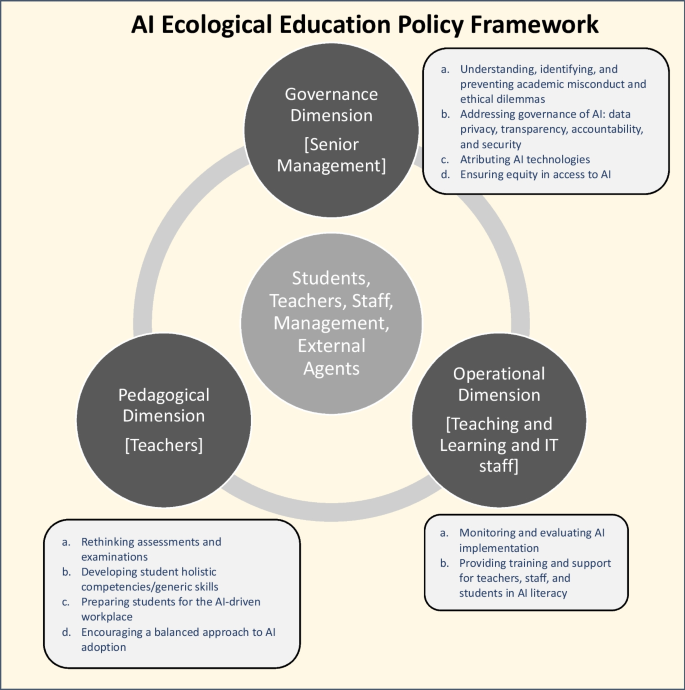ChatGPT "destroys" the human brain! New study publishes disturbing findings
ChatGPT has seamlessly integrated Artificial Intelligence into the daily lives of many individuals, aiding them in creating presentations for work meetings, completing school assignments, drafting essays, or even revamping their resumes. However, has this advancement come at a cost and how does it impact us?
Since the introduction of the chatbot by OpenAI, concerns have been raised regarding its capabilities and implications for the future. A recent study conducted at MIT's Media Lab has brought to light some disconcerting revelations about the potential effects of ChatGPT on individuals.
The Study Details
The research initiative involved a group of 54 individuals aged between 18 and 39 in Boston. These participants were divided into three groups and tasked with writing essays over a period of four months. One group leveraged ChatGPT, another utilized the Google search engine, while the third group was mandated to craft the essays independently without relying on any external aids.
The groups were monitored using electroencephalograms (EEGs) to track and record the electrical activity in their brains. The study revealed that the individuals who used ChatGPT exhibited the lowest levels of brain engagement and notably “performed poorly on neural, linguistic, and behavioral levels.”

Furthermore, the findings indicated a concerning trend among ChatGPT users who gradually resorted to copying text directly from the AI tool towards the conclusion of the study. When prompted to initiate essay writing using only their cognitive abilities, these users demonstrated reduced alpha and beta connectivity, signifying inadequate engagement.
Implications of the Study
The lead researcher, Nataliya Kosmyna, underscored that prolonged usage of AI tools like ChatGPT could have adverse effects on long-term brain development.
"What really motivated me to publish it now before waiting for a full peer review is that I'm afraid that in 6-8 months, there will be some policymaker who will decide, 'let's do the GPT garden.' I think that would be absolutely bad and harmful," she expressed, as per TIME. "The developing brain is at the highest risk."
The Google Search Group displayed active brain functioning, while the AI users struggled across various parameters and experienced difficulty in recollecting essay content.
Impact on Education and Legislation
Addressing the implications for students and young individuals, the study emphasized the necessity for:
"Education on how we use these tools and promoting the fact that your brain needs to develop in a more analog way is absolutely essential. We need to have active, synchronized legislation and, most importantly, test these tools before we put them into practice."
Upon dissemination of the research findings online, there was a notable critique of AI in general and its users. The repercussions were also felt in various sectors, including governmental discourse.

British MP Nigel Farage's response to Prime Minister Edi Rama regarding immigrant issues was another pivotal development in the political landscape.




















